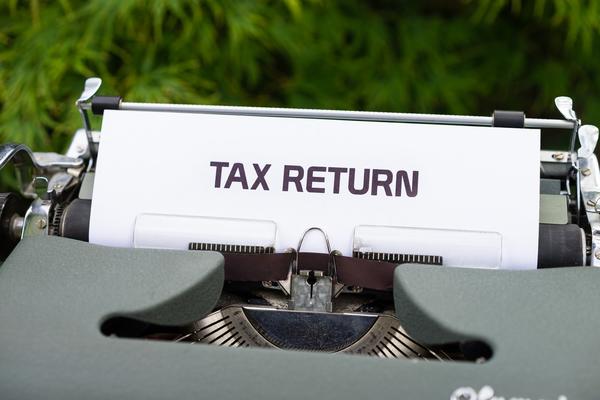
Managing Tax compliance under COVID-19: NTO members exchange experiences
The current Covid-19 pandemic has affected tax administrations’ approach of interacting with citizens, in particular, to cast obligations requiring physical movement and human contact. Thus, tax administrations have been confronted with the challenge of generating trust and finding different and new approaches to increase tax compliance. For the purpose of exchanging experiences and lessons among tax administrations during these unprecedented times, the Network of Tax Organisations (NTO) hosted a webinar on Wednesday 9 June 2021 where representatives from tax authorities in Hungary, India, and Cameroon shared their approaches for the implementation of innovative tools to enhance revenue mobilisation and minimise tax non-compliance.
This peer-learning activity - that is part of our “Tax & COVID-19” webinar series and moderated by Mr. Babatunde Oladapo, Executive Secretary of the West African Tax Administration Forum (WATAF) – brought together over 140 participants from over 40 countries around the world. Besides, it led to fruitful discussions around the role of Information Technology (IT) in order to ensure efficient and fair tax systems.
Taxation as the unique sustainable solution to alleviate the crisis.
The world is currently facing an unprecedented health and economic crisis that is affecting all countries. “History has shown us that crises cannot be financed through debt as it would entail in enormous inflationary issues. Therefore, taxation is the only sustainable solution for the covid-19 crisis,” Mr. Marcio Ferreira Verdi – Head of the NTO Council – explained. During his welcome remarks, Mr. Verdi opened the floor for the debate on more efficient tax systems that are adjusted to the current situation, as well as different tax crimes and Illicit Financial Flows, highlighting the importance of cooperation among international organisations.
A new taxation philosophy to enhance the relationship between taxpayers and government institutions.
The first speaker - Mr. Sándor Gazda, Advisor to the Director-General for Taxation, National Tax and Customs Administration of Hungary – introduced the importance of the spread of digital technologies in the taxation system to foster the economy. After introducing mobile applications for auditing and setting the enhancement of the customer experience as a high priority, the Hungarian Tax Administration experienced noteworthy trends that showed an increase from 36% in 2019 to 73% in 2021 in digital audits.
Subsequently, Mr. Niraj Kumar, Deputy Secretary (Foreign Tax & Tax Research-V) and Central Board of Direct Taxes, Indian Revenue Service, tackled the main challenges regarding physical requirements for cast obligations and introduced a series of implemented solutions. As Mr. Kumar pointed out, “IT has served as a key element for the introduction of legislation that ensured a seemly experience to taxpayers while guaranteeing transparency and neutrality”. Furthermore, he presented the new taxpayer-friendly portal that facilitates and enhances all the administrative procedures to be undertaken during these unprecedented times.
The last speaker, Mr. Faycal Abdoulaye, Head of the Legislation and International Tax Relations Division of the General Directorate of Taxes of Cameroon, claimed that “the process of digitalisation did not start with the pandemic, but before it. However, the pandemic accelerated all the digitalisation procedures which enable us to continue offering services in a context of population containment”. As a consequence of the complex economic context for the taxpayers, the Directorate General Of Taxation in Cameroon suspended tax audits and granted financial aids to increase liquidity. On the other hand, compliance rates rose from 60% to 90%, and digital trade increased and improved. Furthermore, Mr. Abdoulaye raised a point regarding the importance of ensuring connectivity in rural areas in order to guarantee efficiency in the digitalisation process.
Covid-19 has put an extraordinary burden over tax administrations and has brought up the need for innovative technological solutions in order to enhance the taxpayer experience and maximise tax compliance. Through this series of webinars, the NTO aims to create an open space for sharing knowledge and best practices among tax administrations, especially during the pandemic. The NTO appreciates the participation of all the speakers and guests and is looking forward to welcoming all of them to furtherwebinars and the NTO 1st Technical Conference, which will take place during the third week of October 2021.